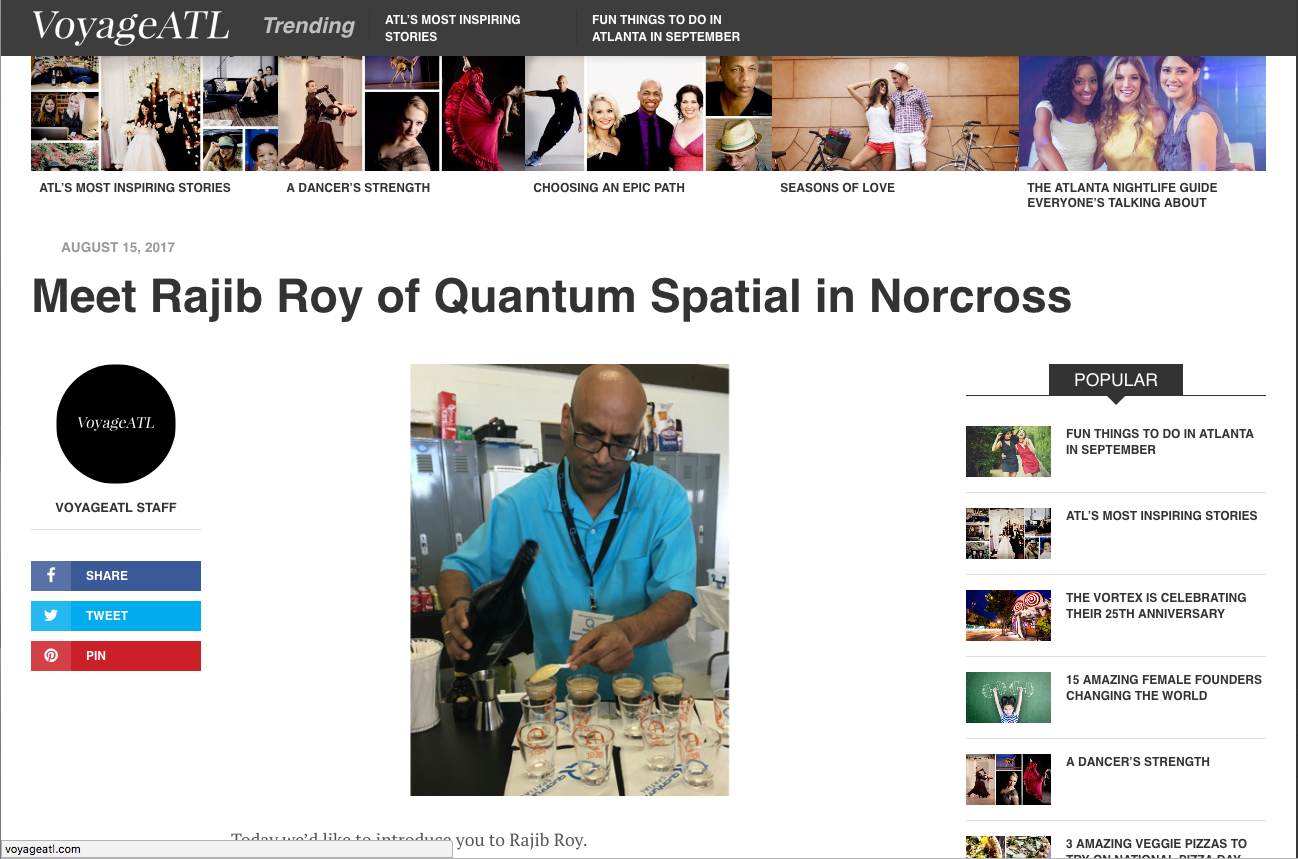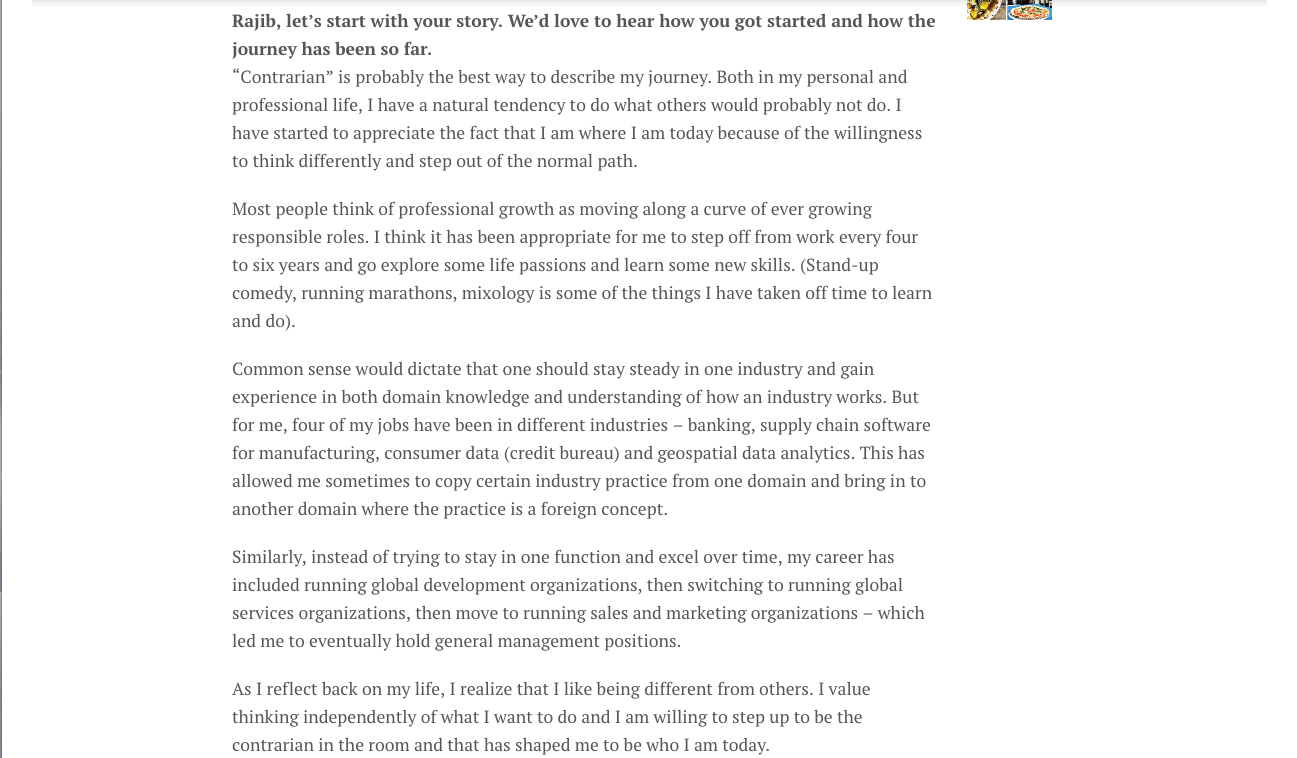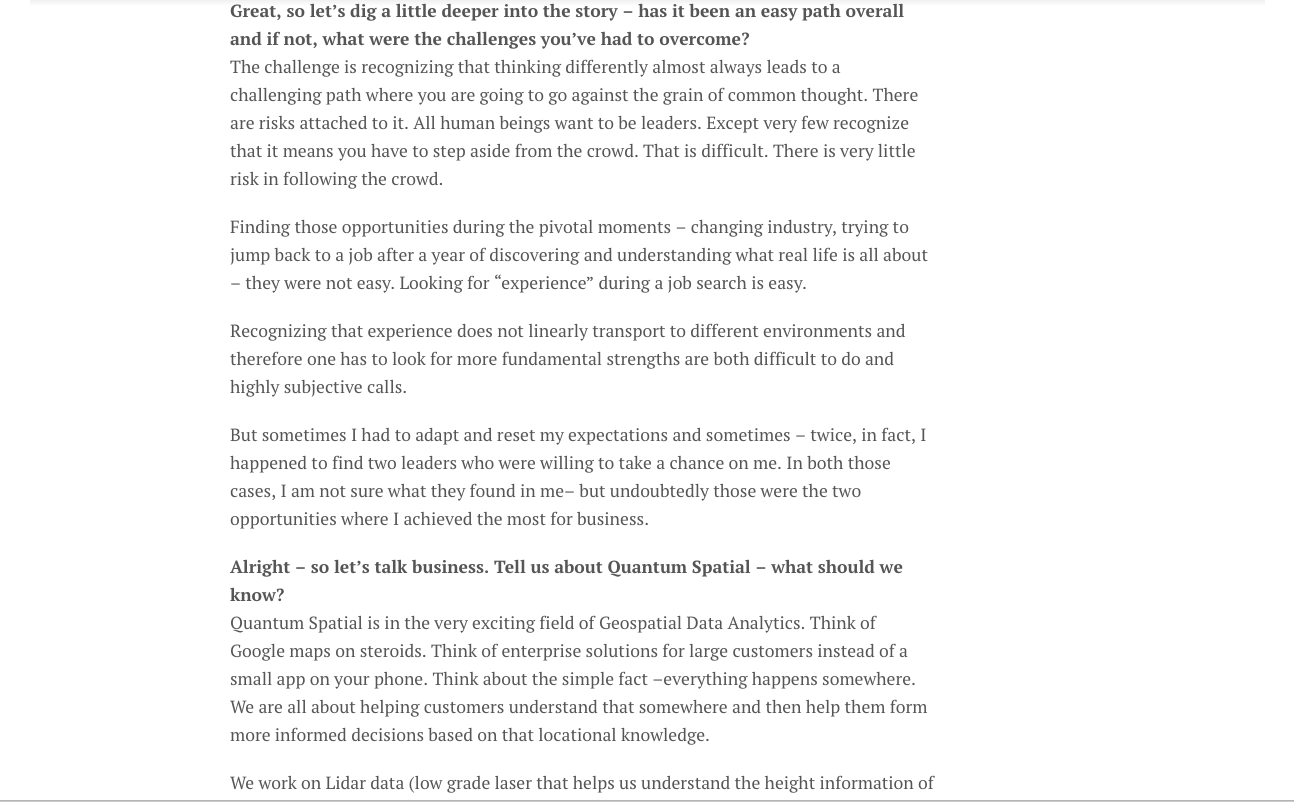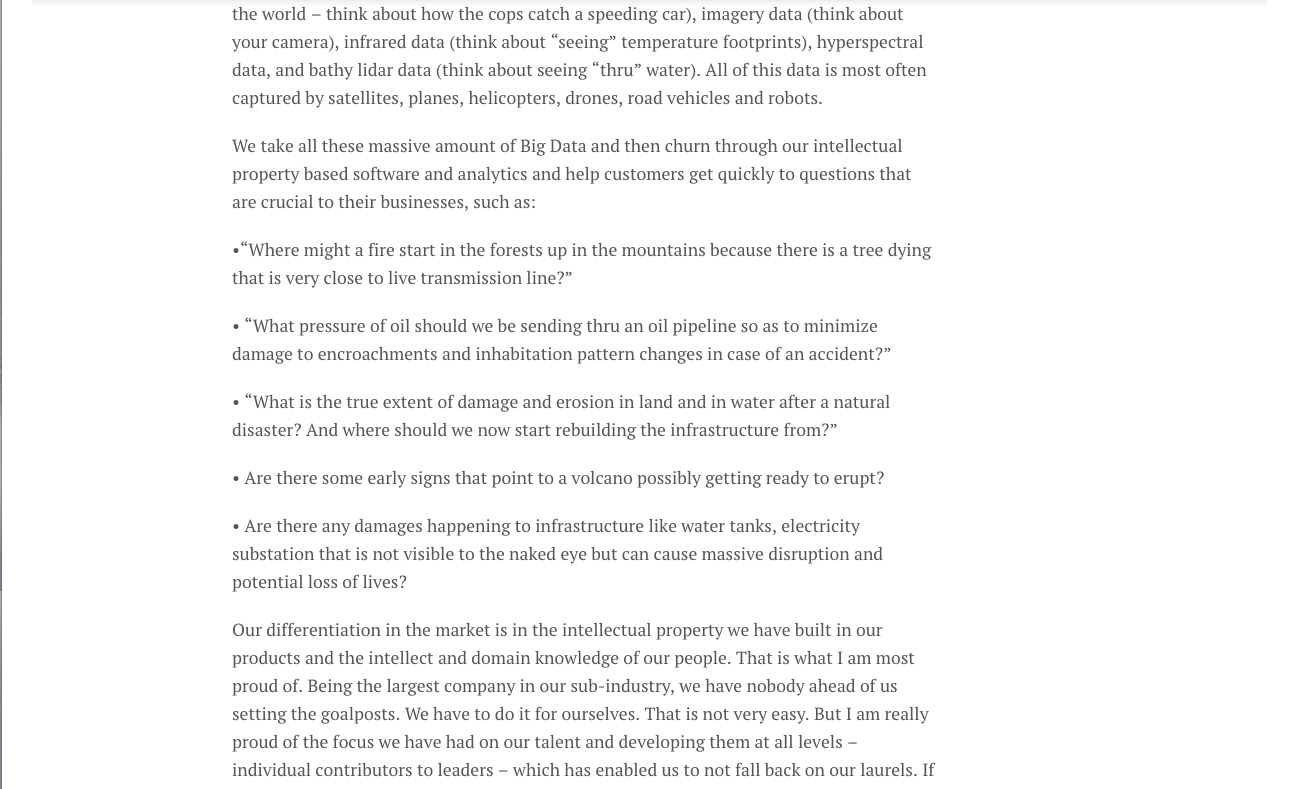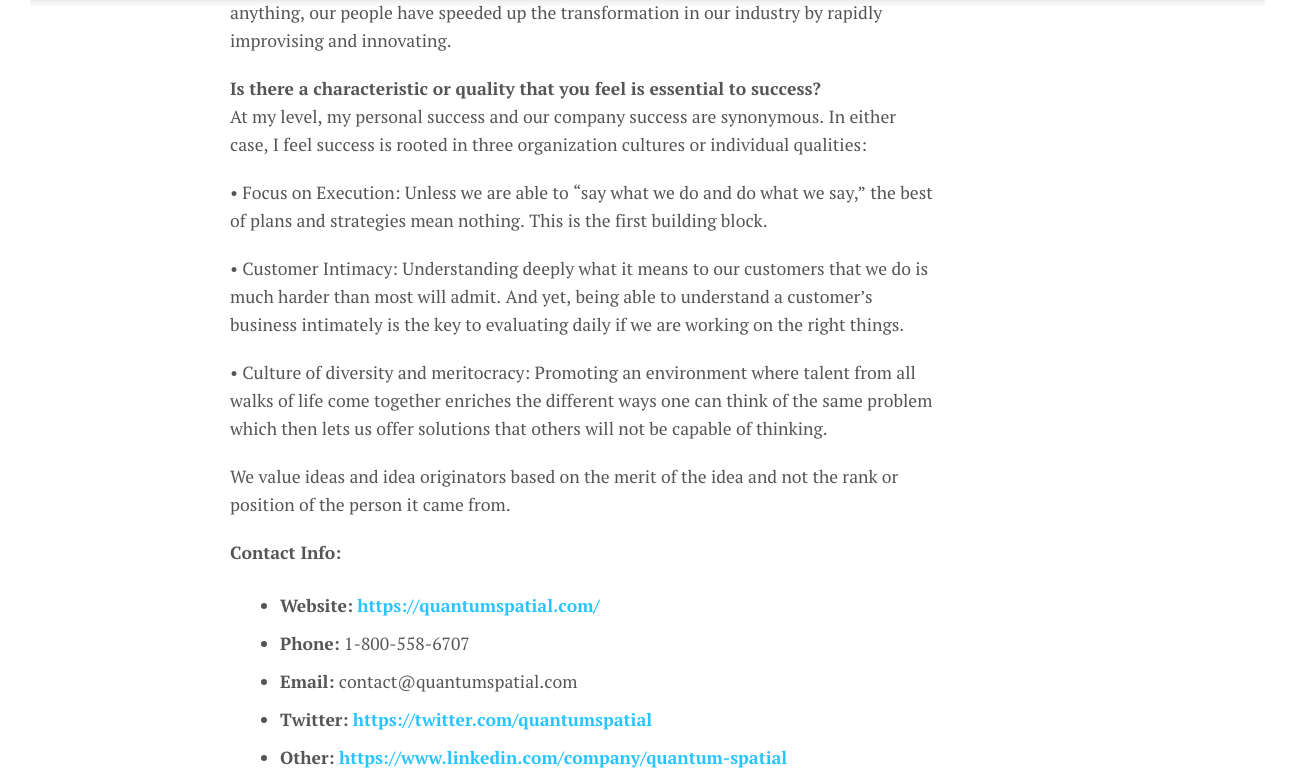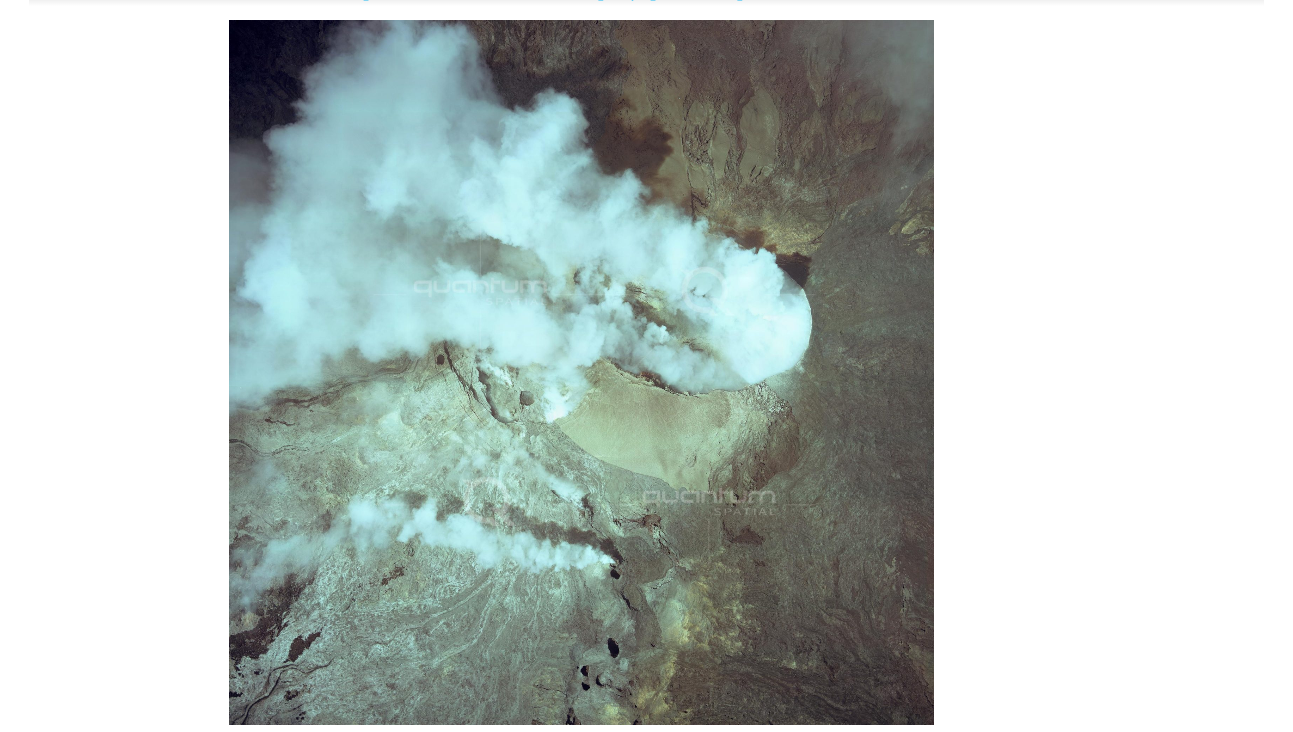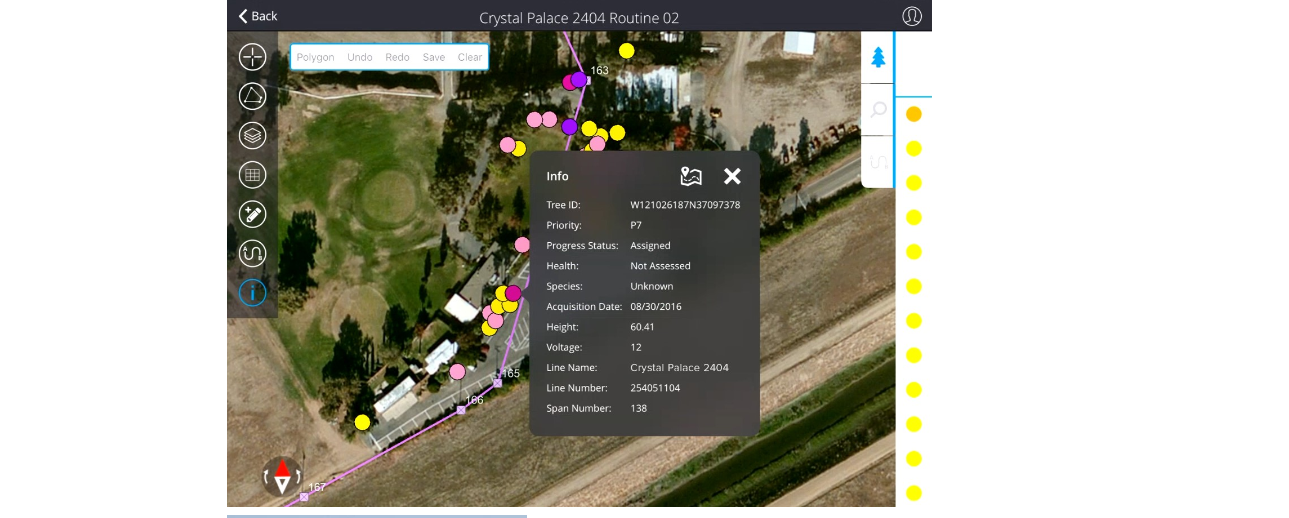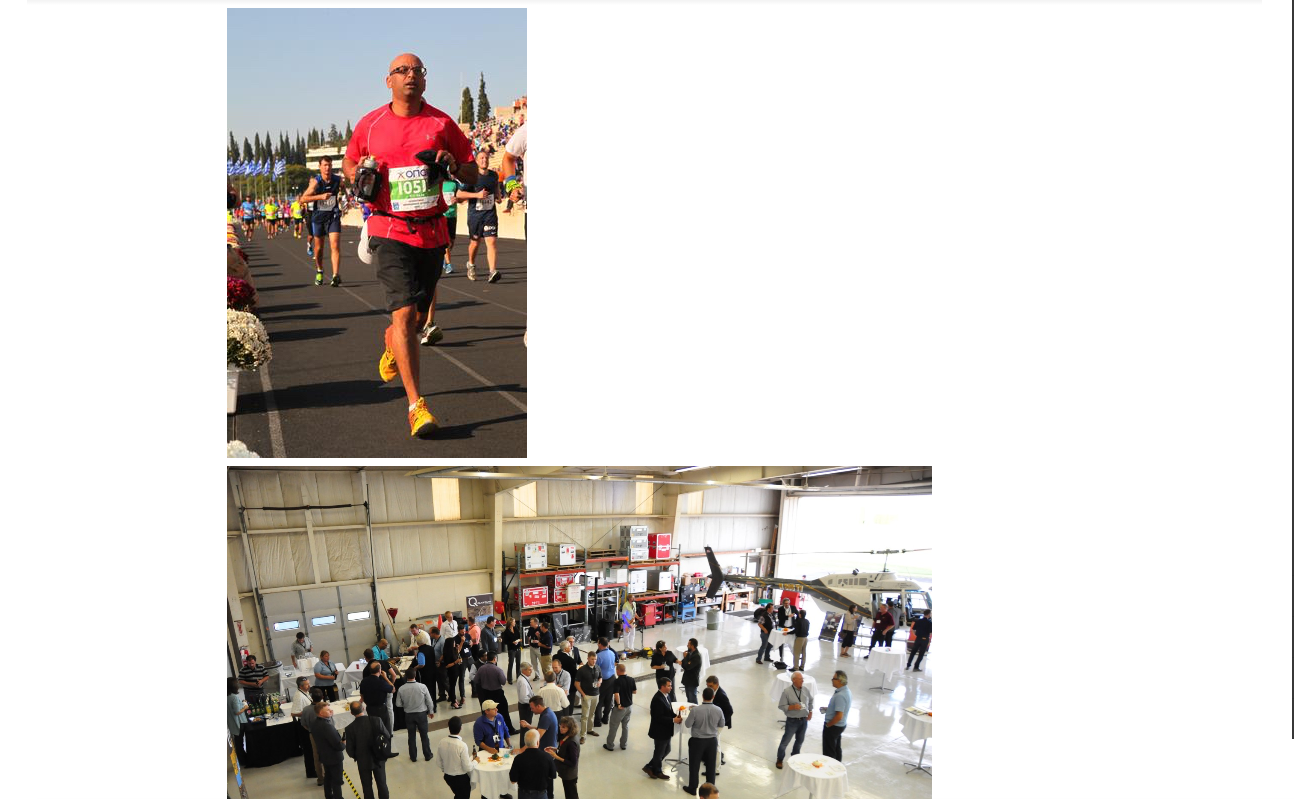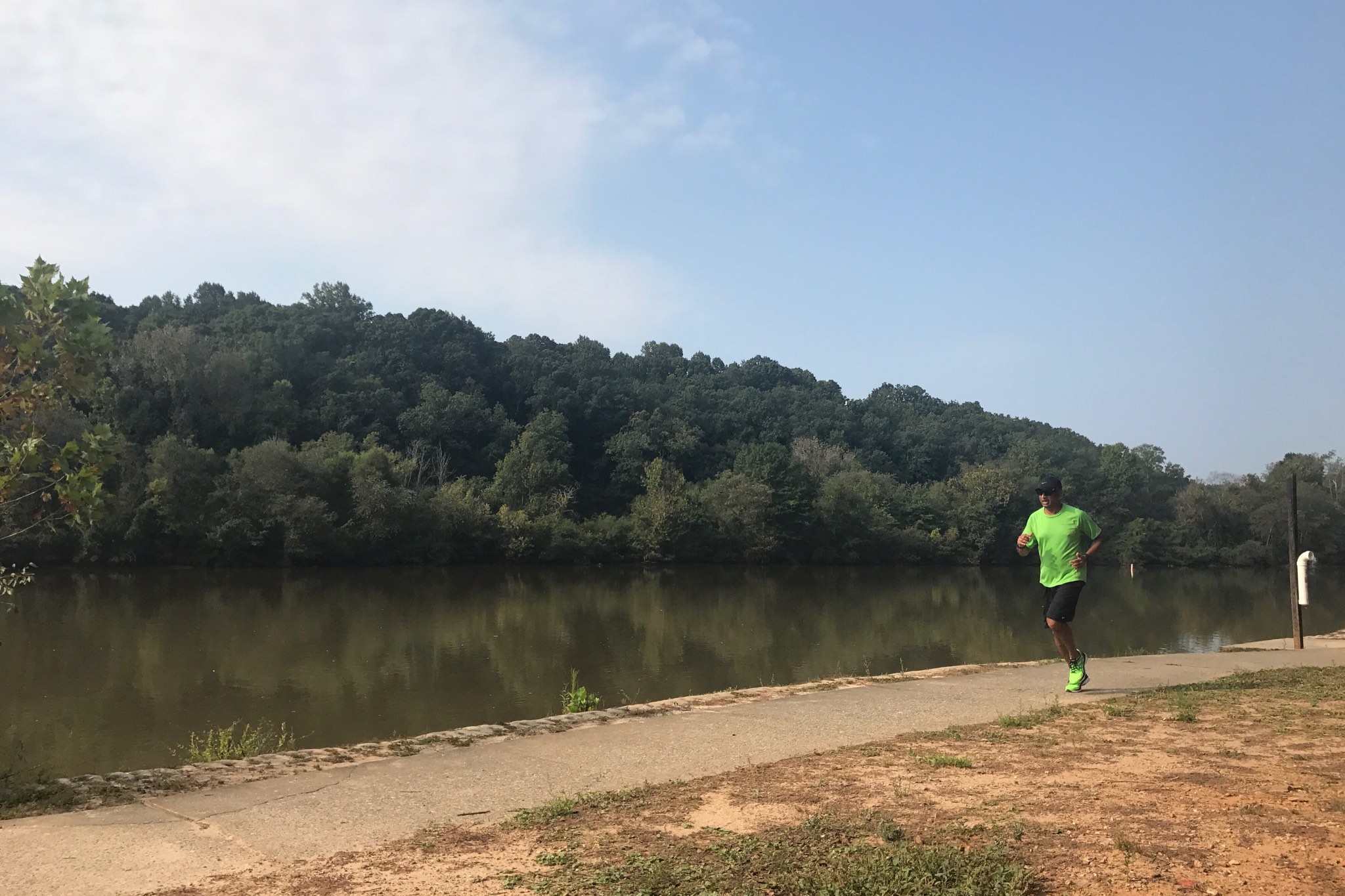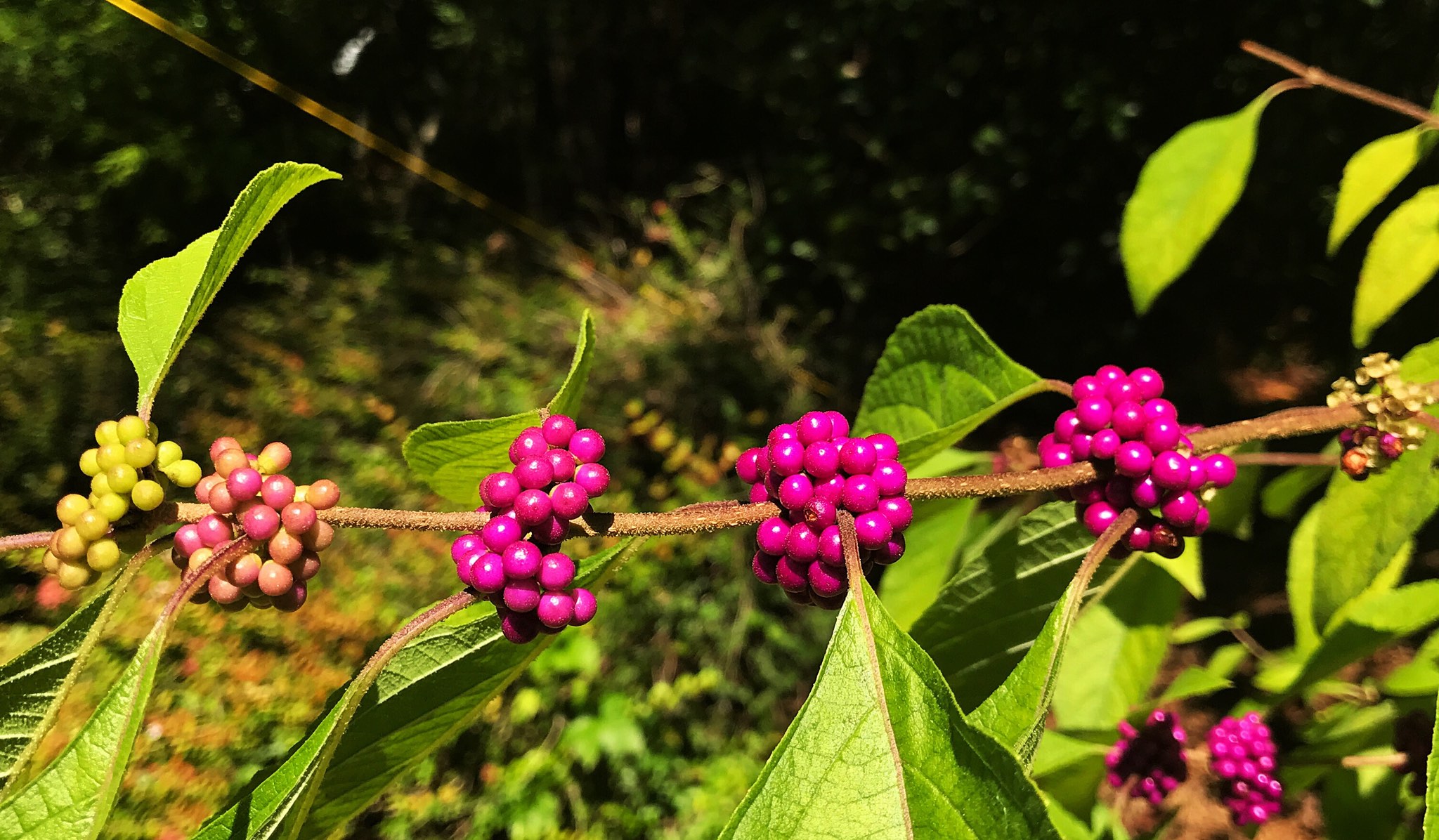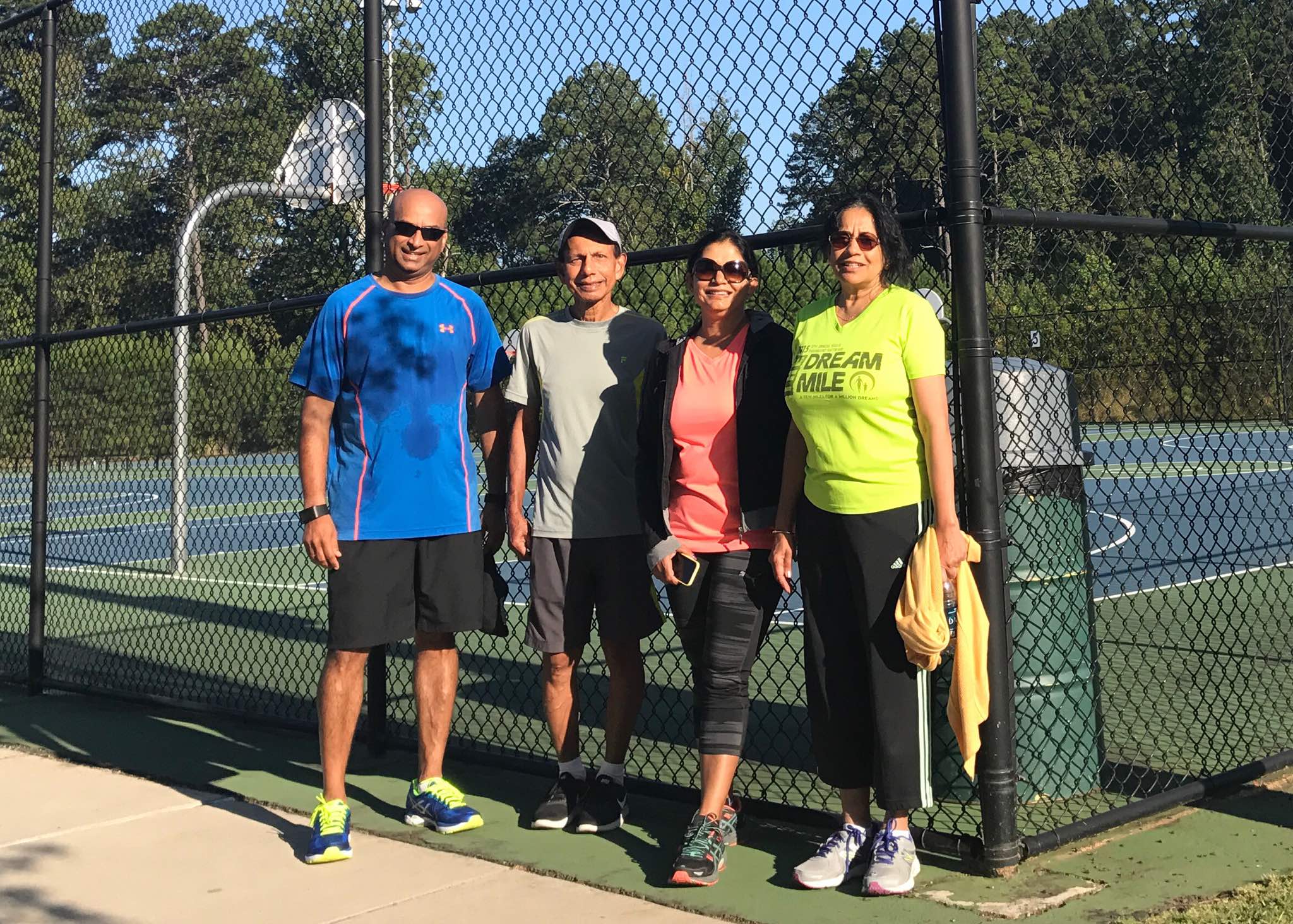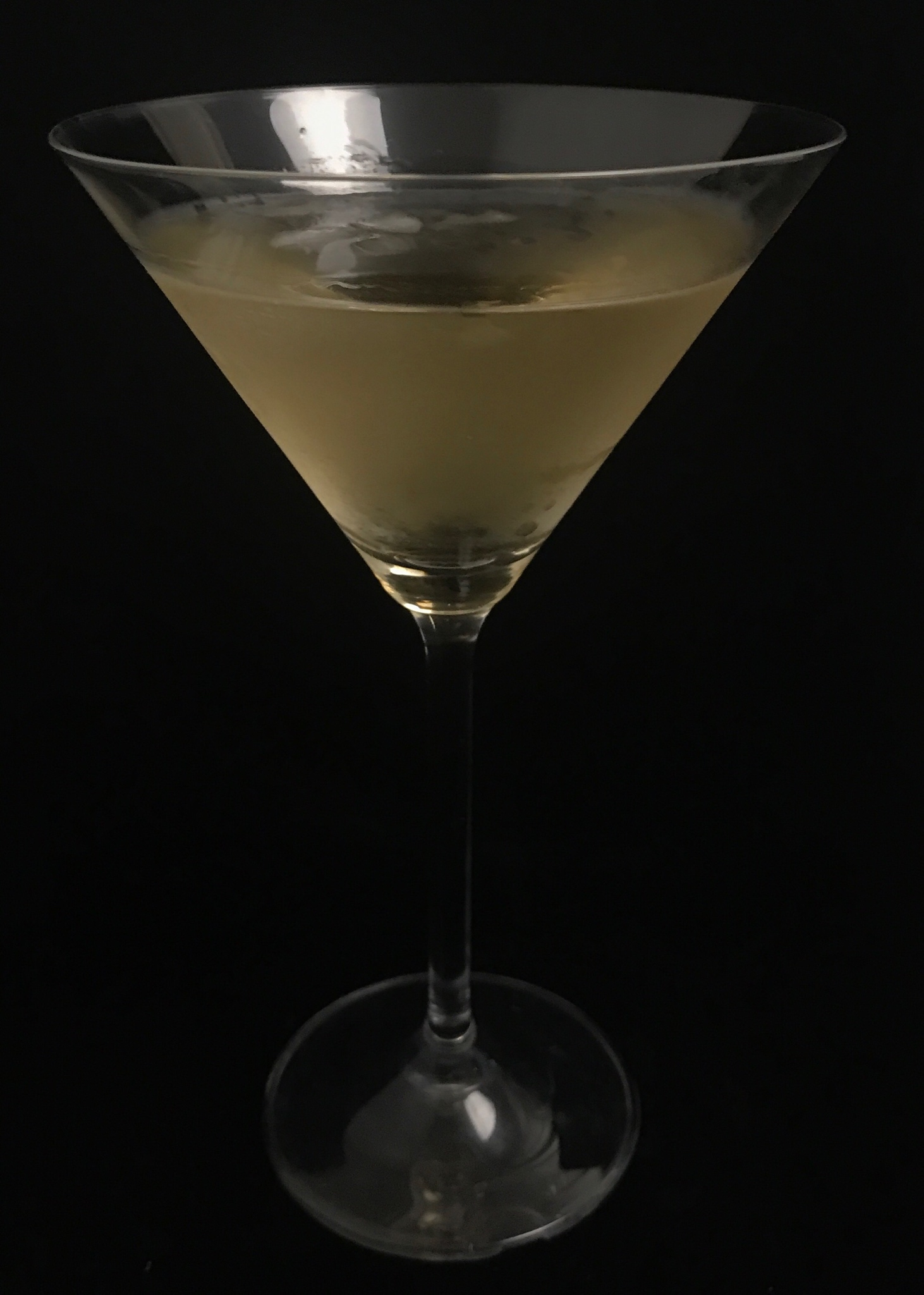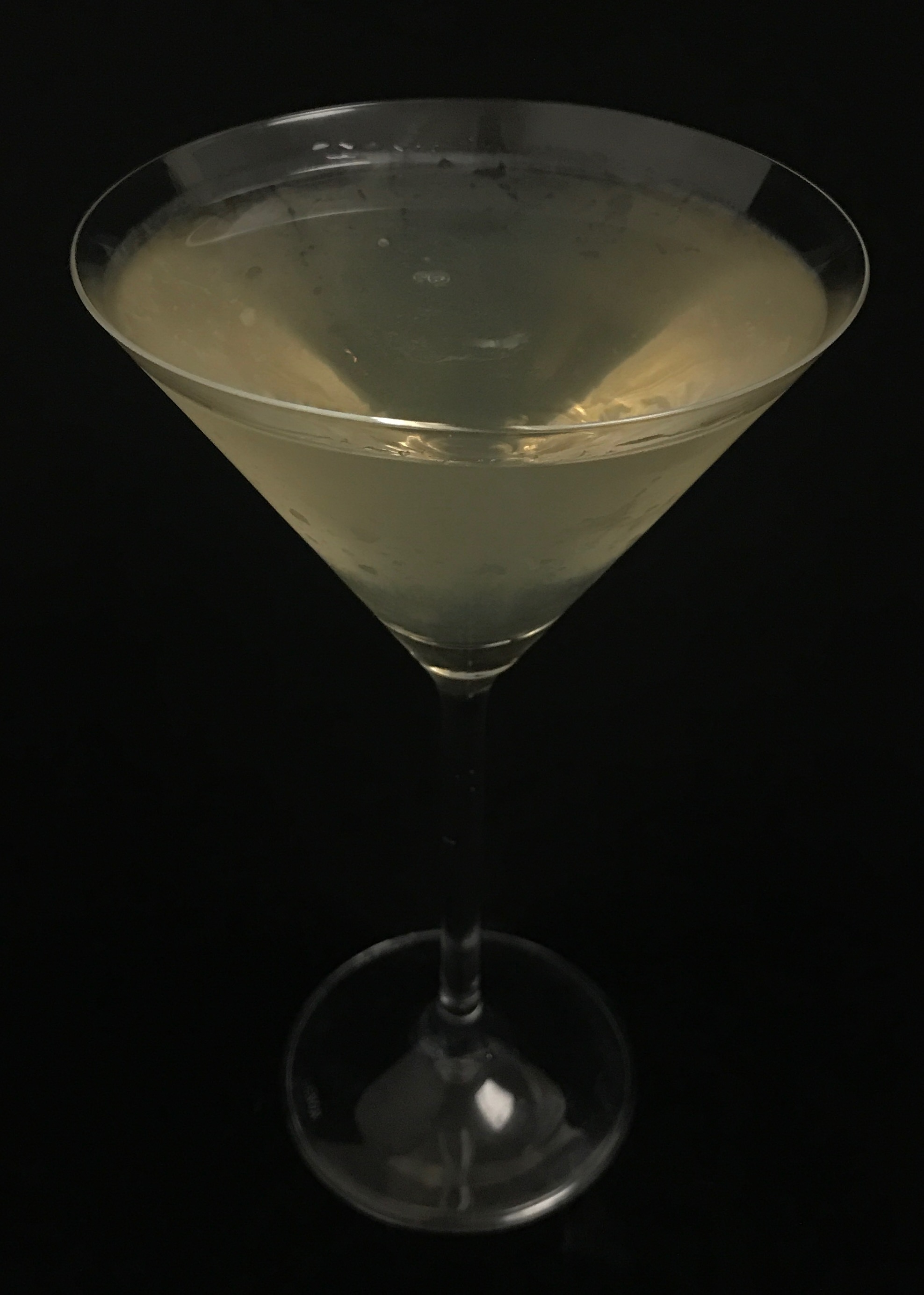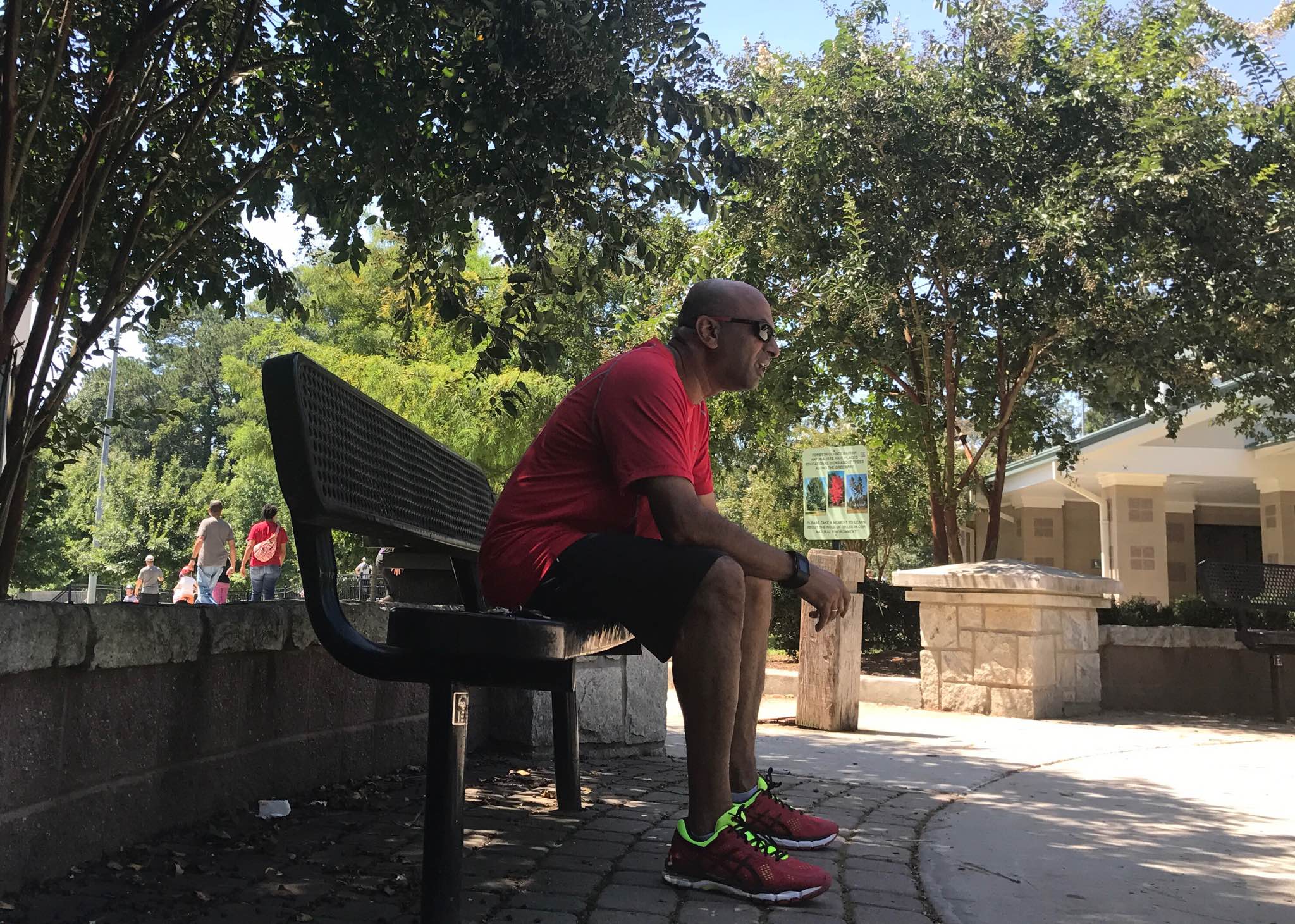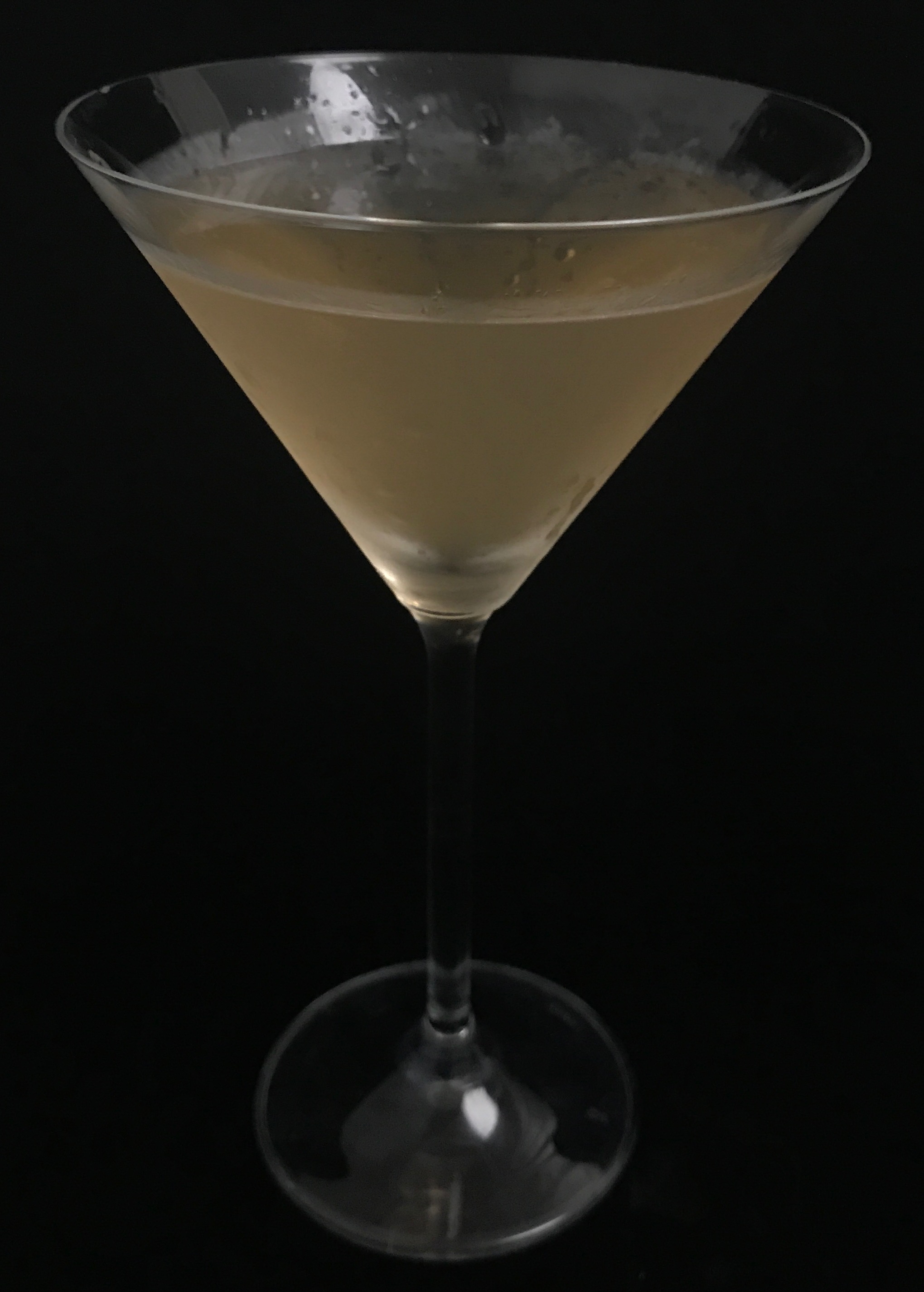Meeting Suzanne after a couple of decades…
The last time I saw Suzanne was in the software development offices of a prior company in Dallas when the company was very small and both of us worked in the User Interface team. As I recollect, she then moved further south in Texas and all I knew was that she was following her passion. She had found art to be her calling. She was doing bronze sculpture, painting and what not. Thru Facebook when I had finally tracked her down, I found out that she also is into photography and videography.
I am always attracted towards people who follow their passions in life. I was barely 39 when I came to the moment of epiphany that it is only one life we will have. And even that is perhaps more finite than we are willing to admit. Nobody wakes up with the first thought – “One day less. How should I then spend the rest of my life?”.
Given that, my excitement was palpable when I found out that Suzanne was going to pass by Atlanta in one of her sojourns. Sharmila and I were waiting at home to welcome her. When she finally showed up after having gotten a first hand understanding of Atlanta traffic, I was thrilled to see her – like I said, after two decades. I could pick her up in a crowd easily – she looked so similar to what I had imagined.
We were even more thrilled to explore her van. Sharmila and I spent half an hour checking out her Ford Sportsmobile that Suzanne had personally designed. It has a kitchen, her sleeping quarters, hot and cold showers and her art area complete with storage space. I am sure Sharmila will want one like that soon. Can you imagine going around in the country and stopping wherever you want and start painting once a beautiful scenery catches your imagination?
Suzanne has reached where I want to some day. Prioritize her time to do what makes her happy – bereft of what corporate world or even society at large might tell you to do. Obviously, there was a lot of catching up of old friends that we needed to do. But I also wanted to learn from her and get her perspectives on life.
With that in mind, we eventually went to have lunch by the lake and pondered over a lot of questions. Getting her perspective was very insightful. One of the biggest discussion we had was around the seeming dissonance of what we were built out to be versus what the current society values. The basic hypothesis we agreed on is that as human beings, we are not sent to be highly specialized like a machine. In fact, we are happiest when we can pursue multiple goals – when we are not defined by just one thing. We certainly admire people who are world experts in one area, but we are in awe of people who can do multiple things well.
People we have considered “geniuses” (we need at least fifty years after death to consider somebody a genius to make sure the effects are longer lasting) – Edison, Franklin, da Vinci, Tagore… – all of them excelled in multiple fields. None of them were unidirectional. And yet today’s society and corporate life tends to value you increasingly more if you are a deeper and deeper expert in one field. In fact, there is a saying to downplay trying to have a multifaceted personality – “Jack of all business, Master of none”!!
Great discussions!! I certainly had one of the best times in a long time. There were a lot of things left to still discuss. But we just had one day.
Looking forward to the next meeting!!!

Bright, beautiful and poisonous
Labor Day run with the Chakrabortys…
A good commencement speech (abridged)
Sixteen years back almost to this day. the then Coca Cola CEO – Brian Dyson – had given a wonderful commencement speech at Georgia Tech here in Atlanta. Anybody who wants to read the full text can see it here: http://www.markturner.net/wp-content/uploads/2015/05/Whistle-Brian_Dyson-Georgia_Tech_Commencement_Sept_1991-p3.pdf
I have taken the text and edited out the parts (in ellipsis) that were mostly examples to make his point – if you want to get the gist of his message. There are two core messages – what it takes to succeed and the need for balance. Here it is:
“I think the ingredients for success <…> are: vision, knowing what you want to be when you grow up; confidence, knowing who you are; and luck, or what I would call being in the right place at the right time.
<...>
The first ingredient in the secret formula for success is vision — what you would like to be. Because remember that we all live under the same sky, but we do not have the same horizon. A vision is different, I think, from the short-term goals that characterize a young life. These are often set for you by teachers. parents, advisers. They all have, to one degree or another, some stock in your life, and they quite appropriately set goals for you.
There’s no harm in taking advice, but now you will shape your own destiny. Now you need a larger vision.
<…>
Another ingredient I mentioned as being important to me is confidence — a basic acceptance of what I am and a realistic understanding of what I am not. It is an understanding of your potential.
To realize this potential, you must be at peace with yourself. You must focus on your strengths and attributes, and you must develop them to the max. I think I was in my twenties when this truth finally dawned on me, because until then I had been thrashing around, trying to be all things to all people. It doesn‘t work that way. Confidence in your potential means you can look anybody in the eye and not be in awe of them. Confidence is seeing an equal, level playing field.
So there you have it, my ingredients for success. Vision, confidence and thirdly, luck. Don‘t think that if you have vision and confidence, luck will come looking for you. Sometimes you have to make your own luck.
Lastly, I would caution you that as intelligent and active participants in a dynamic society like America, you must bring balance into your lives. Imagine life as a game in which you are juggling some five balls in the air. You name them — work, family, health, friends and spirit — and you’re keeping all of these in the air. You will soon understand that work is a rubber ball. If you drop it, it will bounce back. But the other four balls ~ family. health, friends and spirit — are made of glass. If you drop one of these, they will be irrevocably scuffed, marked. nicked. damaged or even shattered. They will never be the same. You must understand that and strive for balance in your life.
<...> ”
From the bartender’s corner – Caroli
From the bartender’s corner – Wembly Cocktail
That took lot more energy than I had thought…
From the bartender’s corner – Barnum
Voyager Atlanta Press Interview
See the article here: http://voyageatl.com/interview/meet-rajib-roy-quantum-spatial-norcross/
Here is the text and screen shots:
Today we’d like to introduce you to Rajib Roy.
Rajib, let’s start with your story. We’d love to hear how you got started and how the journey has been so far.
“Contrarian” is probably the best way to describe my journey. Both in my personal and professional life, I have a natural tendency to do what others would probably not do. I have started to appreciate the fact that I am where I am today because of the willingness to think differently and step out of the normal path.
Most people think of professional growth as moving along a curve of ever growing responsible roles. I think it has been appropriate for me to step off from work every four to six years and go explore some life passions and learn some new skills. (Stand-up comedy, running marathons, mixology is some of the things I have taken off time to learn and do).
Common sense would dictate that one should stay steady in one industry and gain experience in both domain knowledge and understanding of how an industry works. But for me, four of my jobs have been in different industries – banking, supply chain software for manufacturing, consumer data (credit bureau) and geospatial data analytics. This has allowed me sometimes to copy certain industry practice from one domain and bring in to another domain where the practice is a foreign concept.
Similarly, instead of trying to stay in one function and excel over time, my career has included running global development organizations, then switching to running global services organizations, then move to running sales and marketing organizations – which led me to eventually hold general management positions.
As I reflect back on my life, I realize that I like being different from others. I value thinking independently of what I want to do and I am willing to step up to be the contrarian in the room and that has shaped me to be who I am today.
Great, so let’s dig a little deeper into the story – has it been an easy path overall and if not, what were the challenges you’ve had to overcome?
The challenge is recognizing that thinking differently almost always leads to a challenging path where you are going to go against the grain of common thought. There are risks attached to it. All human beings want to be leaders. Except very few recognize that it means you have to step aside from the crowd. That is difficult. There is very little risk in following the crowd.
Finding those opportunities during the pivotal moments – changing industry, trying to jump back to a job after a year of discovering and understanding what real life is all about – they were not easy. Looking for “experience” during a job search is easy.
Recognizing that experience does not linearly transport to different environments and therefore one has to look for more fundamental strengths are both difficult to do and highly subjective calls.
But sometimes I had to adapt and reset my expectations and sometimes – twice, in fact, I happened to find two leaders who were willing to take a chance on me. In both those cases, I am not sure what they found in me– but undoubtedly those were the two opportunities where I achieved the most for business.
Alright – so let’s talk business. Tell us about Quantum Spatial – what should we know?
Quantum Spatial is in the very exciting field of Geospatial Data Analytics. Think of Google maps on steroids. Think of enterprise solutions for large customers instead of a small app on your phone. Think about the simple fact –everything happens somewhere. We are all about helping customers understand that somewhere and then help them form more informed decisions based on that locational knowledge.
We work on Lidar data (low grade laser that helps us understand the height information of the world – think about how the cops catch a speeding car), imagery data (think about your camera), infrared data (think about “seeing” temperature footprints), hyperspectral data, and bathy lidar data (think about seeing “thru” water). All of this data is most often captured by satellites, planes, helicopters, drones, road vehicles and robots.
We take all these massive amount of Big Data and then churn through our intellectual property based software and analytics and help customers get quickly to questions that are crucial to their businesses, such as:
•“Where might a fire start in the forests up in the mountains because there is a tree dying that is very close to live transmission line?”
• “What pressure of oil should we be sending thru an oil pipeline so as to minimize damage to encroachments and inhabitation pattern changes in case of an accident?”
• “What is the true extent of damage and erosion in land and in water after a natural disaster? And where should we now start rebuilding the infrastructure from?”
• Are there some early signs that point to a volcano possibly getting ready to erupt?
• Are there any damages happening to infrastructure like water tanks, electricity substation that is not visible to the naked eye but can cause massive disruption and potential loss of lives?
Our differentiation in the market is in the intellectual property we have built in our products and the intellect and domain knowledge of our people. That is what I am most proud of. Being the largest company in our sub-industry, we have nobody ahead of us setting the goalposts. We have to do it for ourselves. That is not very easy. But I am really proud of the focus we have had on our talent and developing them at all levels – individual contributors to leaders – which has enabled us to not fall back on our laurels. If anything, our people have speeded up the transformation in our industry by rapidly improvising and innovating.
Is there a characteristic or quality that you feel is essential to success?
At my level, my personal success and our company success are synonymous. In either case, I feel success is rooted in three organization cultures or individual qualities:
• Focus on Execution: Unless we are able to “say what we do and do what we say,” the best of plans and strategies mean nothing. This is the first building block.
• Customer Intimacy: Understanding deeply what it means to our customers that we do is much harder than most will admit. And yet, being able to understand a customer’s business intimately is the key to evaluating daily if we are working on the right things.
• Culture of diversity and meritocracy: Promoting an environment where talent from all walks of life come together enriches the different ways one can think of the same problem which then lets us offer solutions that others will not be capable of thinking.
We value ideas and idea originators based on the merit of the idea and not the rank or position of the person it came from.
